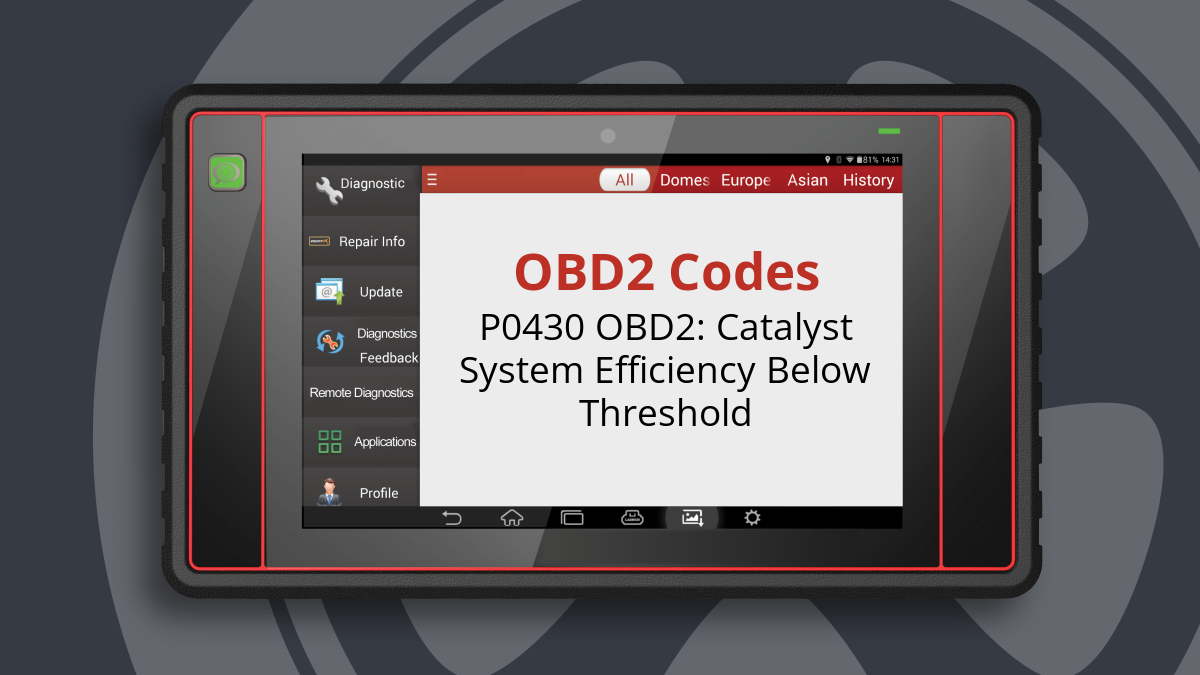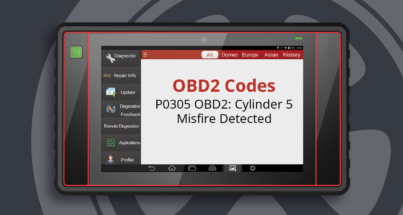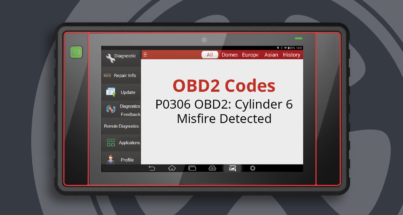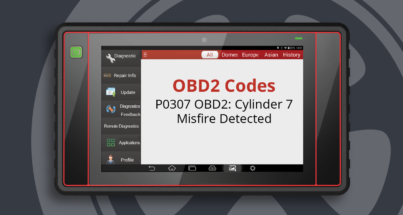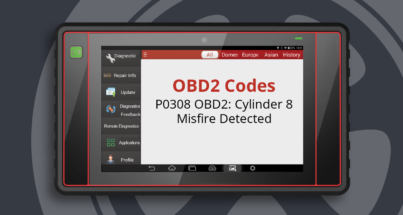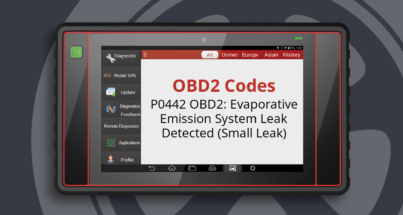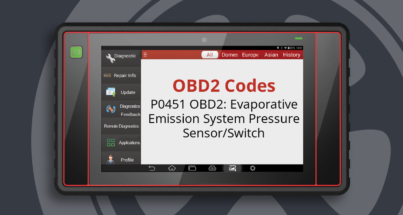The P0430 OBD-II trouble code indicates that the catalytic converter’s efficiency for Bank 2 is below the threshold set by the vehicle’s manufacturer. This code is critical for ensuring that your vehicle’s emissions system is functioning properly and that harmful pollutants are being effectively reduced.
What Does the P0430 Code Mean?
When your vehicle’s engine control module (PCM) detects that the performance of the catalytic converter has fallen below acceptable limits, it triggers the P0430 code. This is determined by monitoring the readings from the oxygen sensors located both before and after the catalytic converter. If the readings from the rear oxygen sensor start to resemble those from the front sensor, it indicates a potential failure in the catalytic converter.
What Causes the P0430 Code?
Several factors can lead to the P0430 code being triggered, including:
- Defective Catalytic Converter
- Internal engine damage, such as high oil consumption or a leaking head gasket, which can damage the catalytic converter
- Exhaust leaks before the catalytic converter that can skew sensor readings
- Faulty oxygen sensors that provide inaccurate data
What Are the Symptoms of the P0430 Code?
Symptoms associated with the P0430 code can vary but commonly include:
- Illuminated Check Engine Light
- In some cases, a noticeable lack of engine power
- In many instances, no abnormal symptoms may be noticed
How Serious Is the P0430 Code?
The P0430 code is classified as urgent, indicating that immediate action is necessary. Ignoring this code can lead to severe damage to the vehicle, particularly to the catalytic converter, and can also result in increased harmful emissions.
How to Diagnose the P0430 Code
To accurately diagnose the P0430 code, mechanics typically follow these steps:
- Use an OBD-II scanner to confirm the presence of the P0430 code.
- Inspect the vehicle’s exhaust system for any leaks or damage.
- Check the operation of the oxygen sensors, ensuring they are functioning within specified ranges.
- Evaluate the condition of the catalytic converter and other related engine components.
Common Repairs for the P0430 Code
Some common repairs associated with the P0430 code include:
- Replacing a defective catalytic converter
- Repairing internal engine damage, such as fixing oil leaks or head gasket issues
- Replacing faulty oxygen sensors
- Addressing exhaust leaks
How Much Does It Cost to Fix the P0430 Code?
The cost to fix the P0430 code can vary widely based on the underlying cause of the issue. Simple repairs, like replacing oxygen sensors, may cost between $100 and $300, while replacing a catalytic converter can range from $1,000 to $2,500. Additional costs may arise if there are underlying engine problems that need to be addressed.
Can I Fix the P0430 Code Myself?
While some DIY enthusiasts may be able to tackle simpler repairs such as replacing oxygen sensors or repairing exhaust leaks, handling catalytic converter issues or internal engine damage is more complex and typically requires professional expertise. It’s essential to accurately diagnose the problem to avoid unnecessary repairs.


